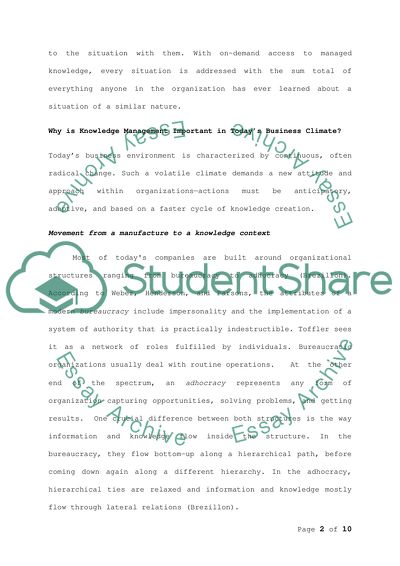Cite this document
(“Strategic management accounting and finance Essay”, n.d.)
Strategic management accounting and finance Essay. Retrieved from https://studentshare.org/miscellaneous/1504074-strategic-management-accounting-and-finance
Strategic management accounting and finance Essay. Retrieved from https://studentshare.org/miscellaneous/1504074-strategic-management-accounting-and-finance
(Strategic Management Accounting and Finance Essay)
Strategic Management Accounting and Finance Essay. https://studentshare.org/miscellaneous/1504074-strategic-management-accounting-and-finance.
Strategic Management Accounting and Finance Essay. https://studentshare.org/miscellaneous/1504074-strategic-management-accounting-and-finance.
“Strategic Management Accounting and Finance Essay”, n.d. https://studentshare.org/miscellaneous/1504074-strategic-management-accounting-and-finance.


